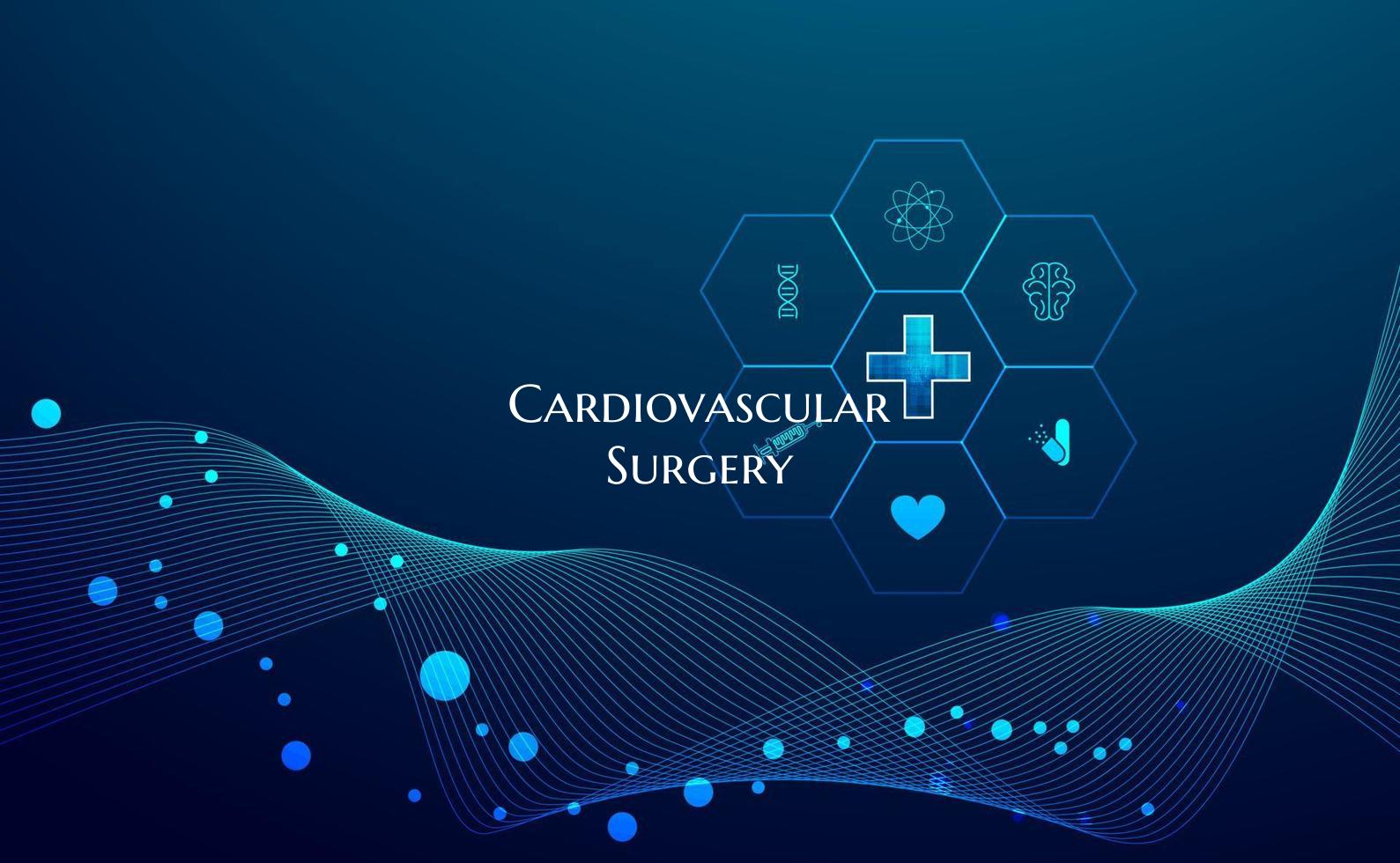
Cardiovascular Surgery
Cardiovascular Surgery: Saving Lives through Precision and Care
Cardiovascular surgery is a specialized branch of medical science dedicated to treating disorders and diseases of the heart and blood vessels. This field of surgery is critical in saving lives, improving quality of life, and reducing the mortality rates associated with cardiovascular conditions. From bypass surgeries to heart transplants, cardiovascular surgeons play a crucial role in providing patients with advanced treatment options to address complex heart-related issues.
One of the most common cardiovascular surgeries is coronary artery bypass grafting (CABG), commonly known as bypass surgery. This procedure involves creating new routes for blood flow to the heart muscle by bypassing blocked or narrowed arteries. By restoring proper blood flow to the heart, bypass surgery can alleviate chest pain (angina) and reduce the risk of heart attacks, ultimately helping patients lead healthier and more active lives.
Another vital aspect of cardiovascular surgery is the treatment of valvular heart disease. When heart valves become diseased or damaged, they can impair the heart's ability to pump blood effectively. Surgeons can repair or replace these valves through procedures such as valve repair, valve replacement, or transcatheter valve interventions. Restoring proper valve function is crucial in maintaining cardiac health and preventing complications associated with valvular heart disease.
In cases of advanced heart failure, where medical treatments are no longer effective, heart transplantation may be the best treatment option. Cardiovascular surgeons perform heart transplants by replacing a failing heart with a healthy donor heart. This complex procedure requires precision, skill, and teamwork to ensure the success of the transplant and the long-term well-being of the recipient.
Technological advancements have revolutionized cardiovascular surgery, enabling surgeons to perform minimally invasive procedures with smaller incisions, reduced recovery times, and improved outcomes. Procedures such as minimally invasive heart surgery, robot-assisted surgery, and transcatheter interventions have transformed the field of cardiovascular surgery, offering patients less invasive treatment options with faster recovery and better cosmetic results.
In conclusion, cardiovascular surgery plays a pivotal role in treating a wide range of heart-related conditions, from coronary artery disease to heart failure. With a focus on precision, innovation, and patient-centric care, cardiovascular surgeons continue to push the boundaries of medical science, providing patients with life-saving treatments and improved quality of life. The field of cardiovascular surgery stands as a beacon of hope for patients facing complex heart conditions, offering cutting-edge solutions and compassionate care to enhance cardiovascular health and well-being.